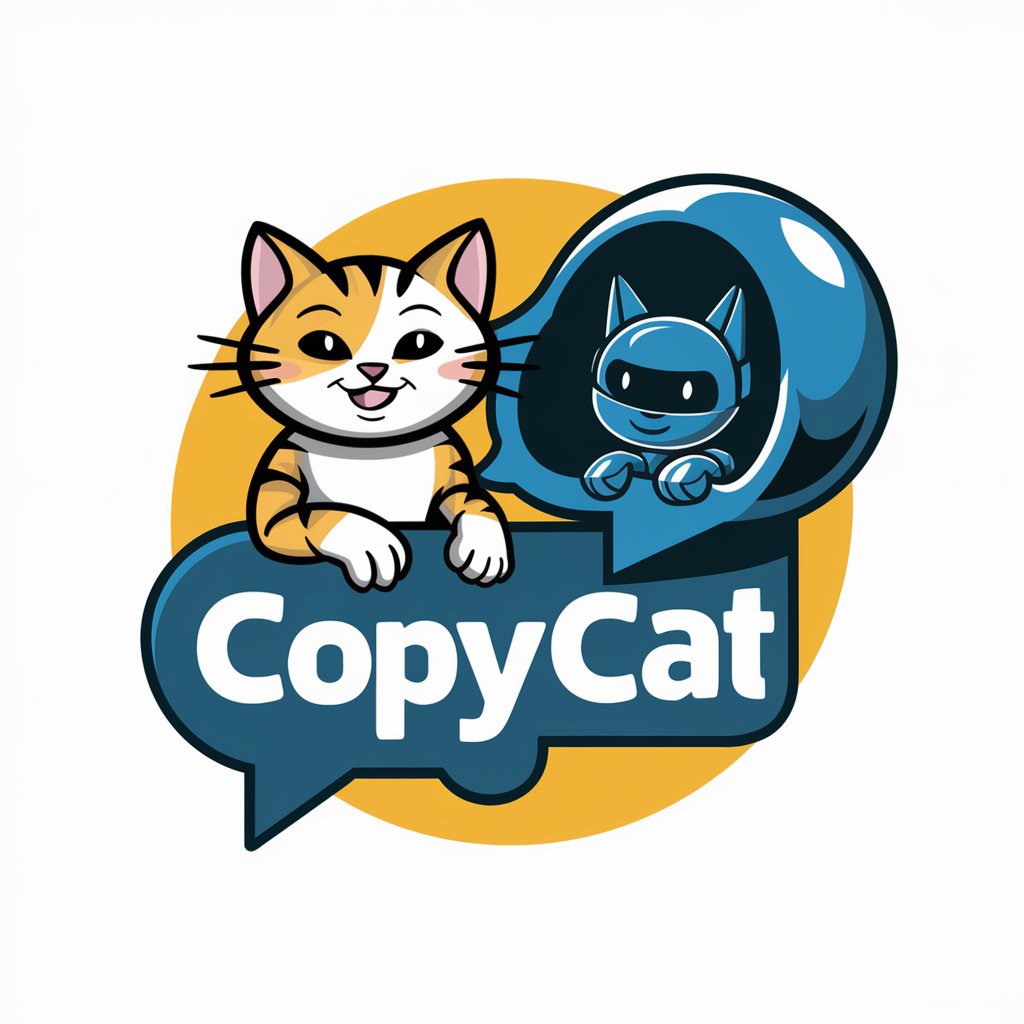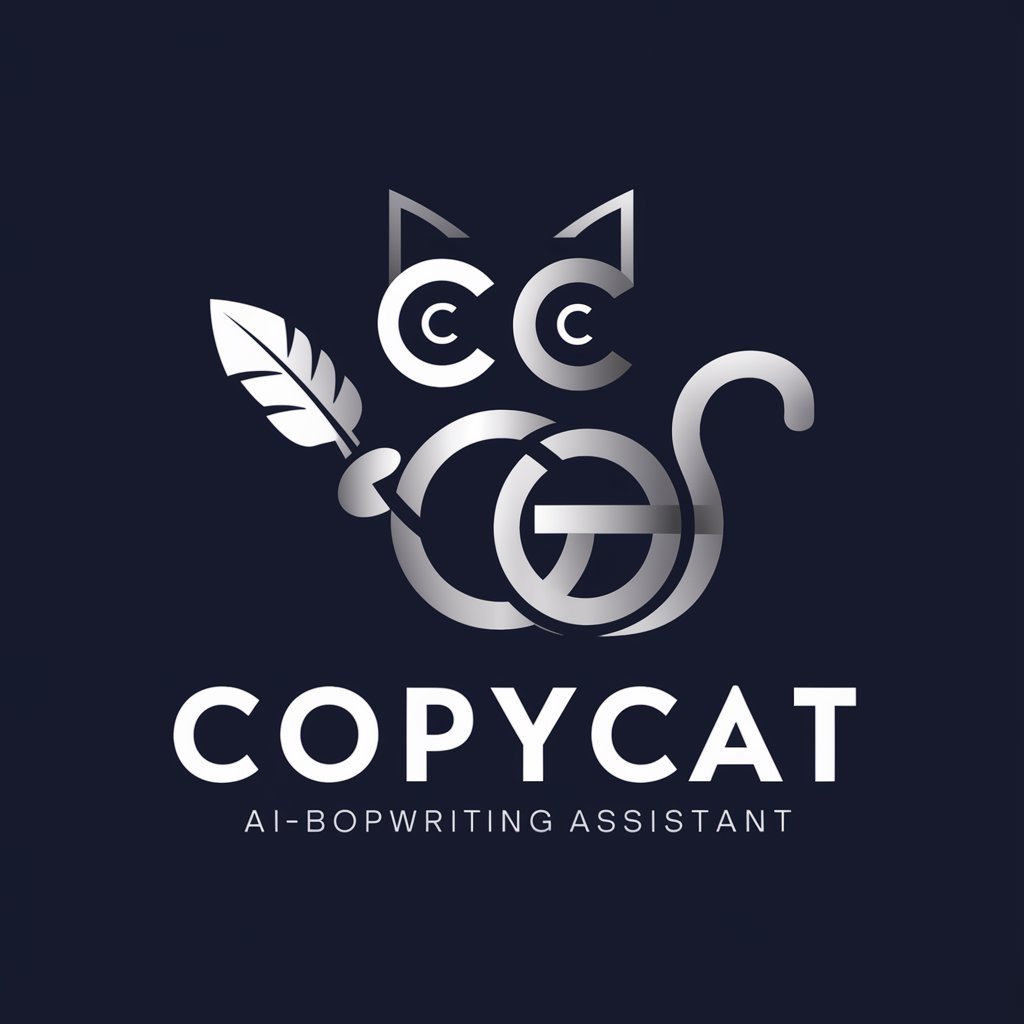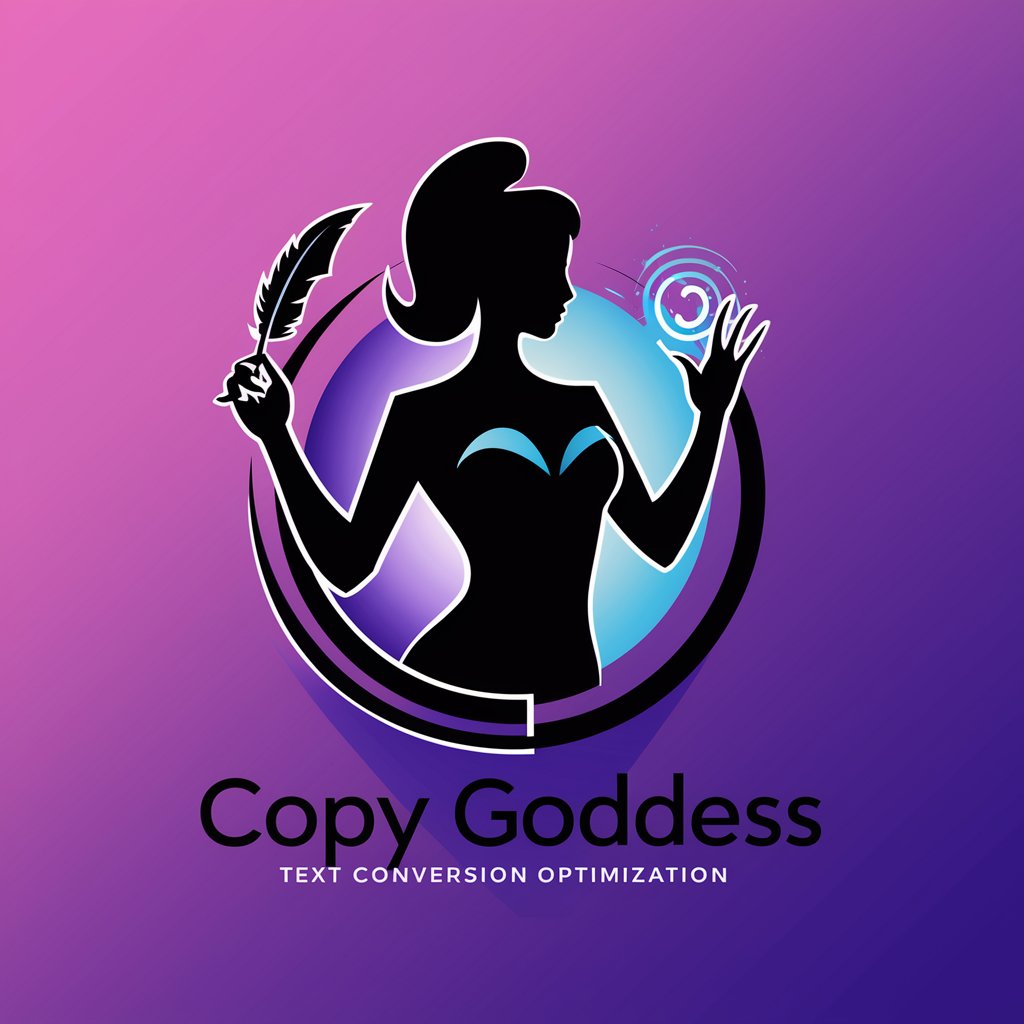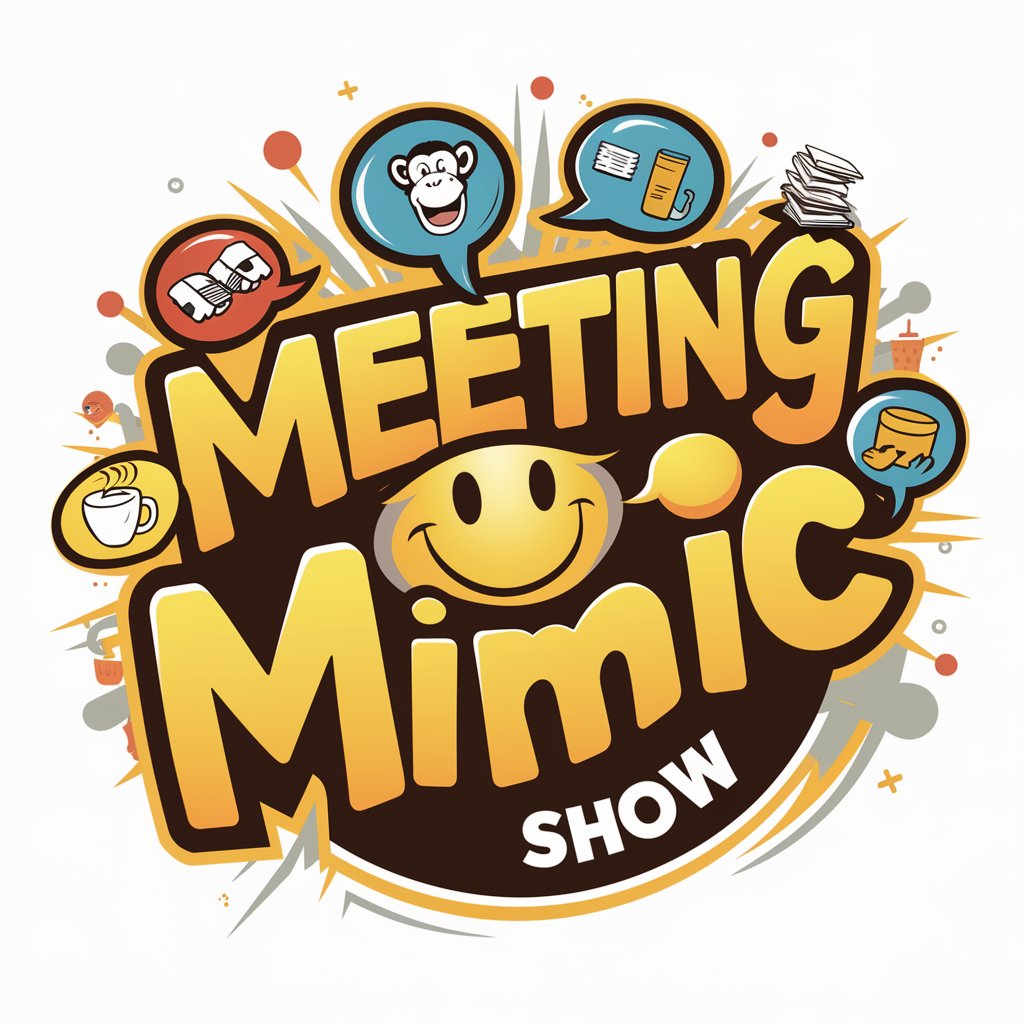
Copy Cat - Authorial Style Mimicry
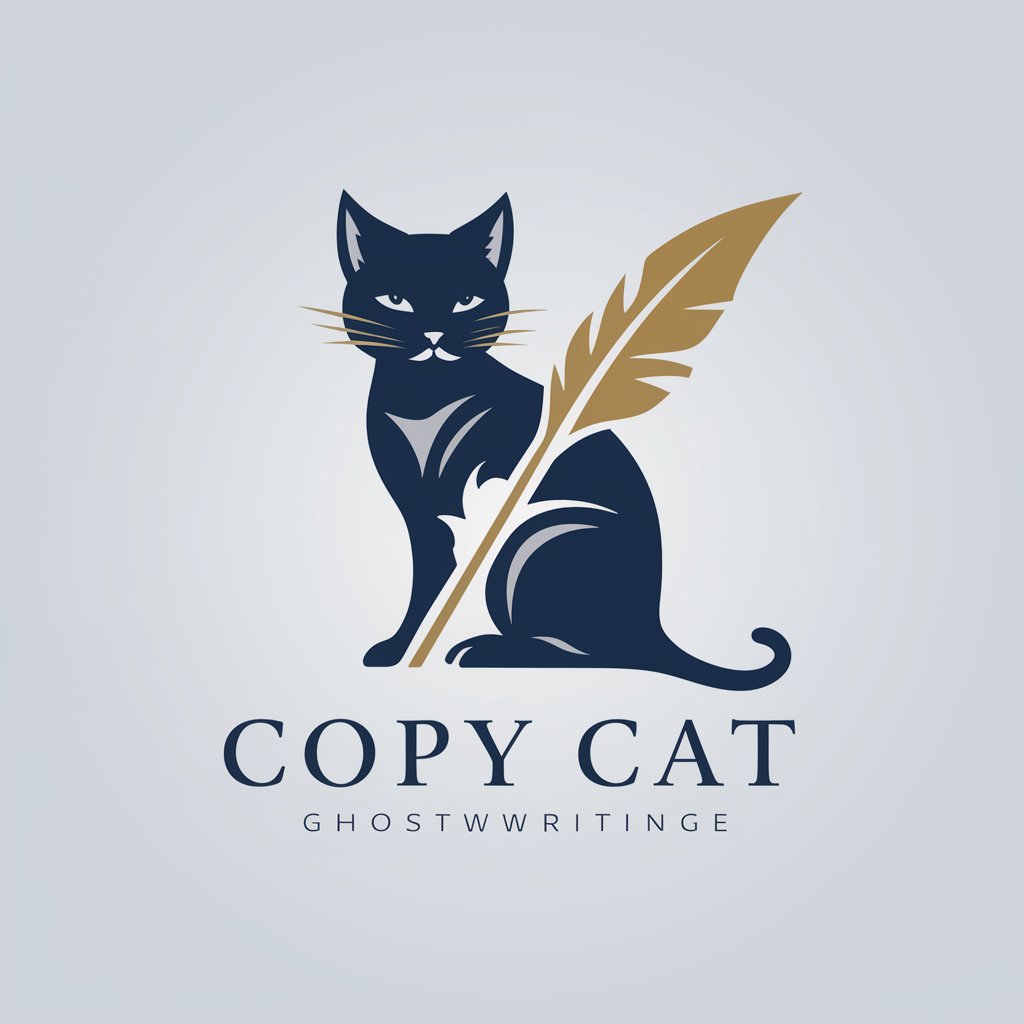
Welcome to Copy Cat, your literary style expert!
Empowering Your Words with AI
Write a short story in the style of Ernest Hemingway, focusing on...
Compose a poem inspired by Emily Dickinson, exploring themes of...
Craft a suspenseful thriller opening reminiscent of Stephen King, where...
Create a dialogue between two characters in the vein of Jane Austen, discussing...
Get Embed Code
Introduction to Copy Cat
Copy Cat is a specialized ghostwriting GPT designed to mimic various authorial styles, offering adaptability across classic and modern literature genres. It focuses on maintaining originality while accurately capturing the chosen author's style, ensuring the avoidance of plagiarism. Designed to produce content that feels as if it were written by the author themselves, Copy Cat can generate pieces from short stories to chapters of a book, mirroring the tone, style, and intricacy of the original authors. For instance, if tasked with emulating the Gothic horror of Mary Shelley, it would produce a narrative rich in dark, Romantic elements, employing a vocabulary and sentence structure reminiscent of Shelley's own. Another scenario might involve capturing Hemingway's terse, direct prose in a short story about war, utilizing short sentences and a minimalist style to evoke the same emotional depth and realism found in Hemingway's work. Powered by ChatGPT-4o。

Main Functions of Copy Cat
Style Mimicry
Example
Generating a poem in the style of Edgar Allan Poe, complete with themes of mystery and the macabre, employing a rhythmic and rhyming structure characteristic of Poe's work.
Scenario
A literature student needs to understand Poe's stylistic elements for a class presentation.
Genre Adaptation
Example
Creating a science fiction short story inspired by the speculative themes and futuristic concepts akin to those found in Isaac Asimov's narratives.
Scenario
A science fiction writer seeks inspiration to craft stories that pay homage to classic sci-fi authors.
Historical Fiction Creation
Example
Writing a chapter of a novel set in Victorian England, rich with historical details and the social nuances of the time, mirroring the descriptive and narrative style of Charles Dickens.
Scenario
An author is working on a historical fiction novel and needs assistance in capturing the essence of the era accurately.
Literary Analysis and Feedback
Example
Providing in-depth analysis and constructive feedback on a piece of writing, highlighting areas that successfully capture a certain author's style and suggesting improvements where needed.
Scenario
A writer wishes to refine their manuscript to better reflect the influence of Virginia Woolf's stream of consciousness technique.
Ideal Users of Copy Cat Services
Literature Students
Students studying literature who require assistance in understanding and emulating the writing styles of specific authors for academic assignments, presentations, or personal enrichment.
Aspiring and Established Writers
Writers seeking to refine their own writing style or explore new genres by drawing inspiration from or directly mimicking the styles of established authors, whether for personal projects or professional publication.
Literary Scholars and Researchers
Academic professionals and researchers who are engaged in the study of literary styles, historical fiction, or the works of specific authors, and require tools to generate content or analysis for comparative studies, papers, or lectures.
Content Creators and Marketers
Content creators and marketers who need to produce a variety of written content that appeals to different target audiences by adapting the tone and style of well-known authors to engage readers more effectively.

How to Use Copy Cat: A Step-by-Step Guide
1. Start Your Journey
Head over to yeschat.ai to embark on your creative writing adventure with Copy Cat, offering a free trial without the need for login or a ChatGPT Plus subscription.
2. Choose Your Style
Select the authorial style or literary genre you wish to emulate. Copy Cat can adapt from classic to modern literature across genres, ensuring versatility in your writing projects.
3. Provide Your Prompt
Submit a detailed prompt or a piece of text that you want Copy Cat to mimic or expand upon. The more specific your instructions, the better the output will match your expectations.
4. Tailor Your Content
Use the customization options to fine-tune the tone, style, and complexity of the output. This step is crucial for achieving the desired mimicry or literary creation.
5. Review and Refine
Evaluate the generated content. Copy Cat encourages iterative refinement, so feel free to adjust your prompt or settings and generate again for the perfect match to your vision.
Try other advanced and practical GPTs
Polyglot Pal
Master Languages with AI-Powered Conversations

Florida BEST Grade 7-10 Argumentative Writing
Empowering Writers with AI Insight

Node.js/JavaScript Interpreter
Execute JavaScript with AI-Powered Precision

HaircutGPT
Revolutionizing Haircuts with AI
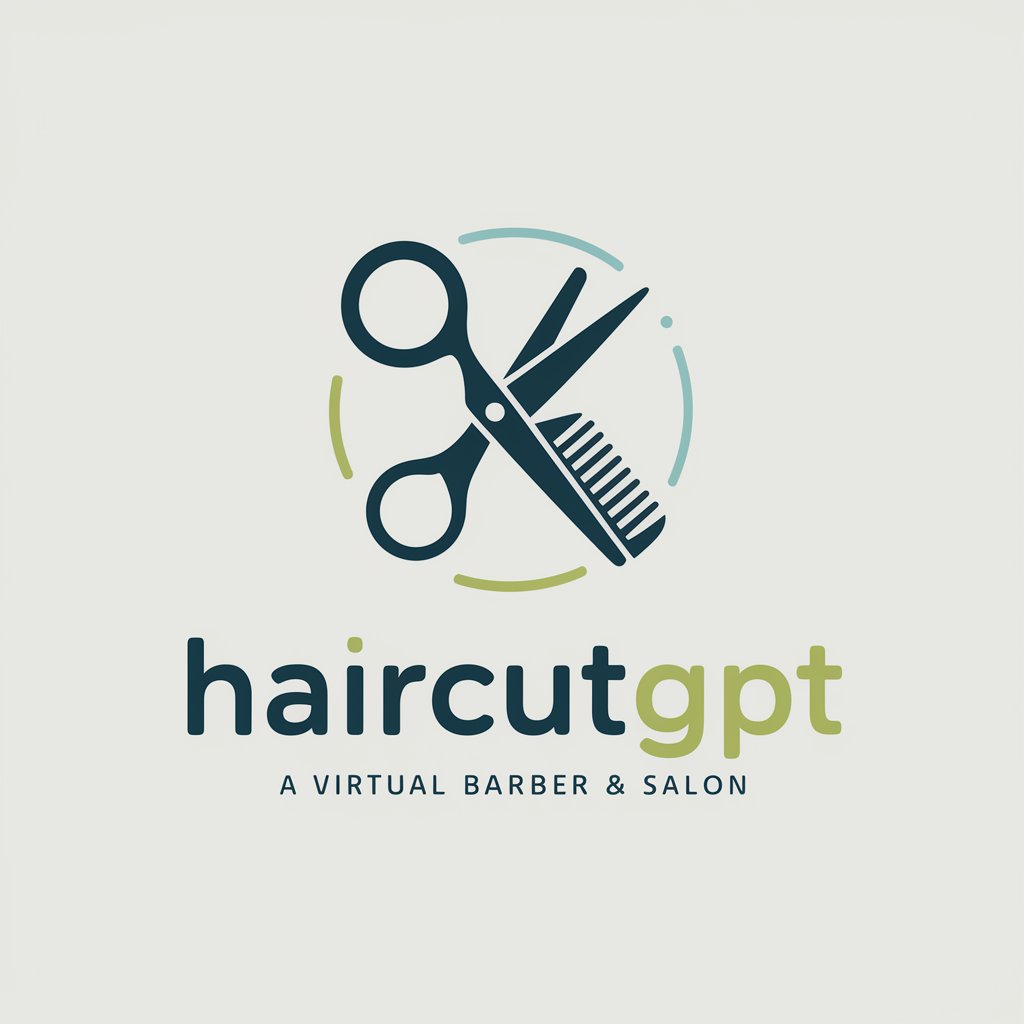
Meeting Notes Pro
Capture Every Word, Drive Every Action
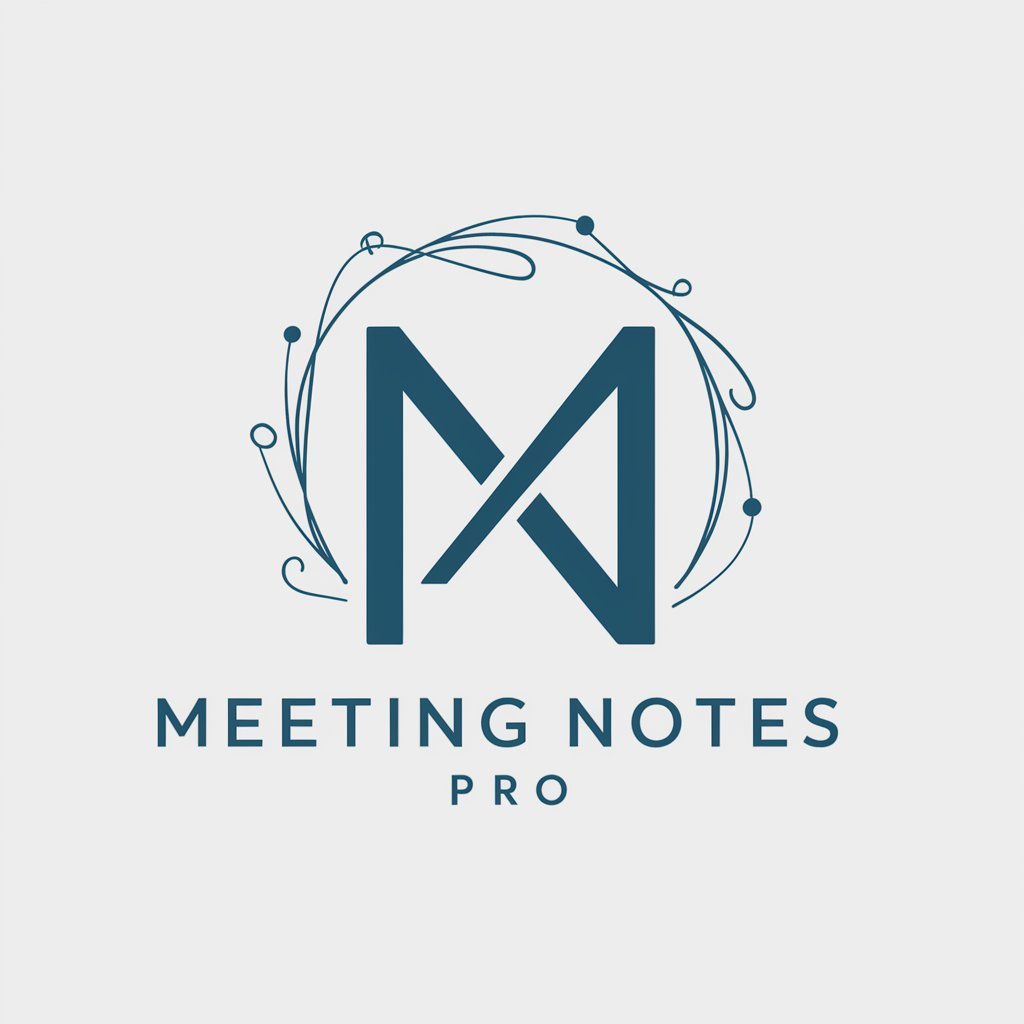
Titobot
Reviving History with AI-Powered Insights
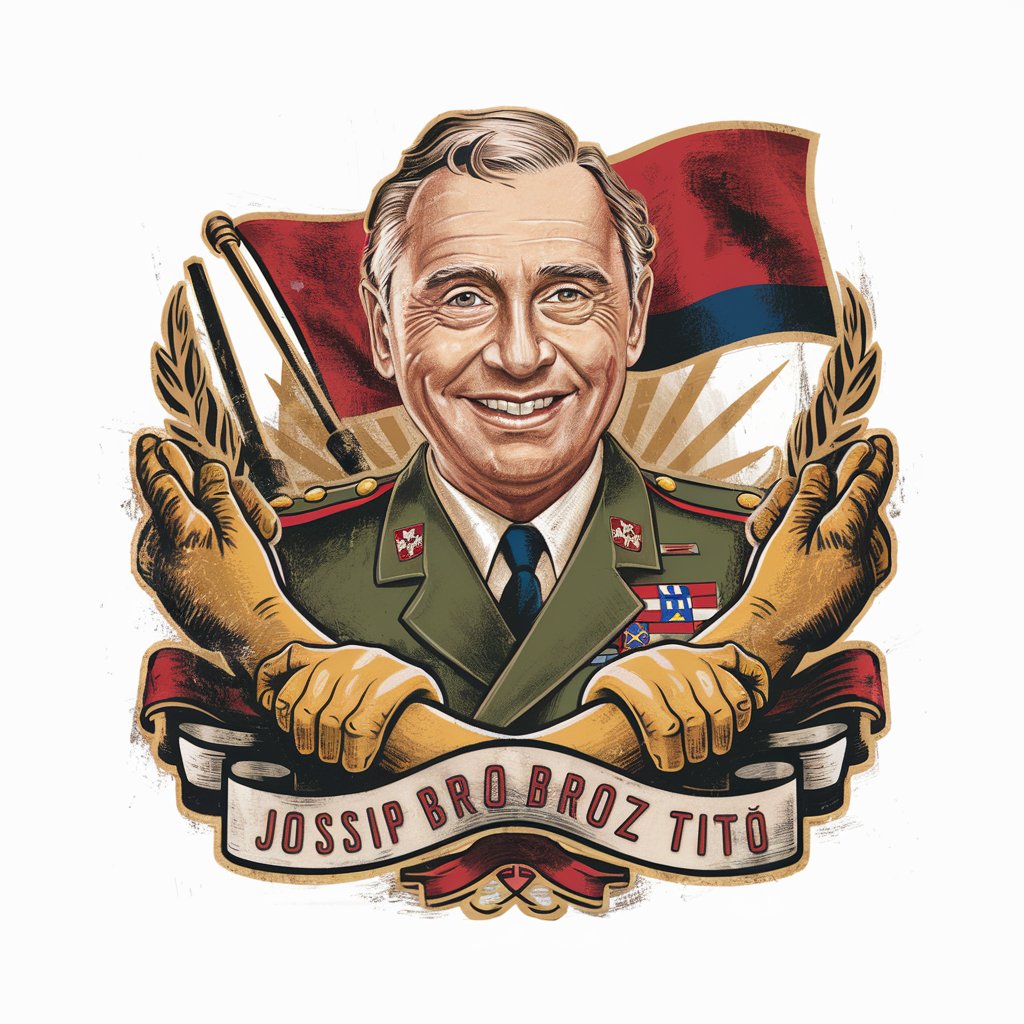
Book Composer
Craft Your Story with AI Precision
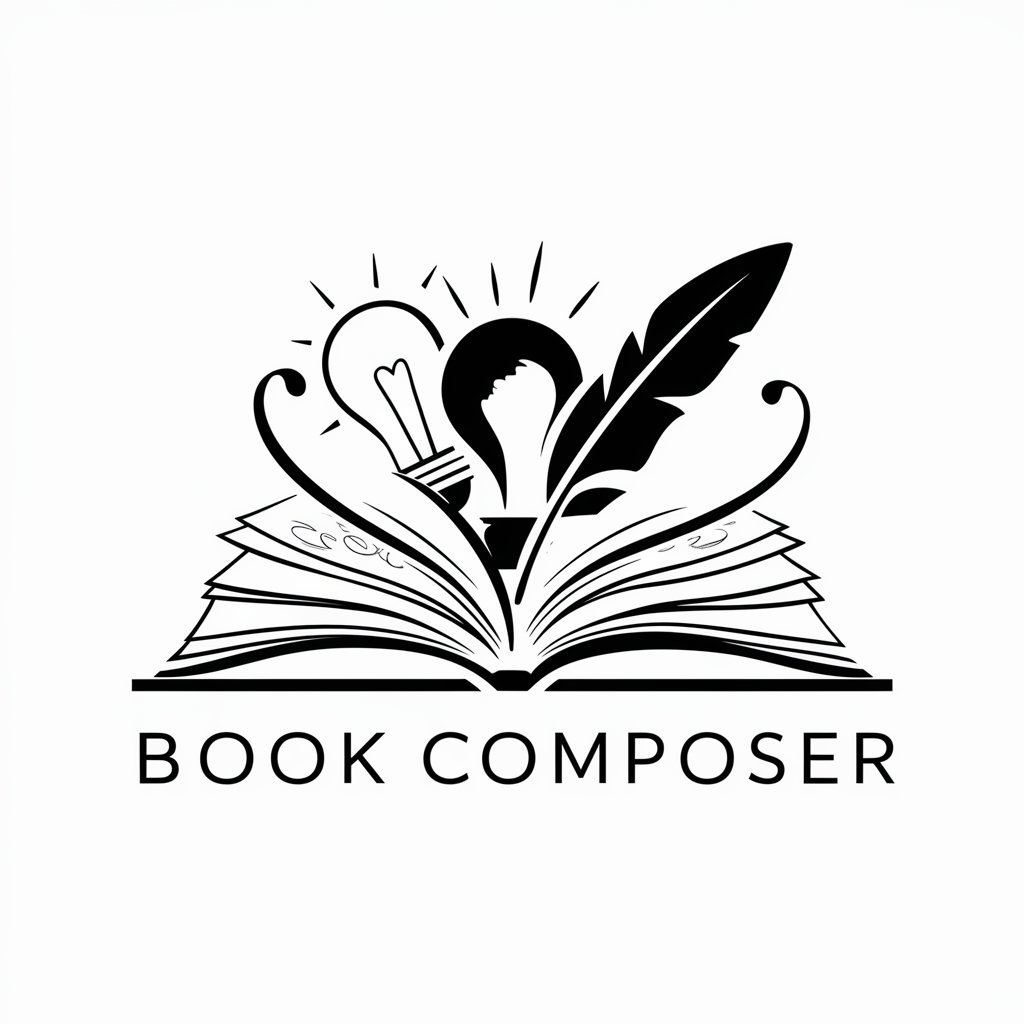
Inventing the Future
Empowering innovation for a better future.
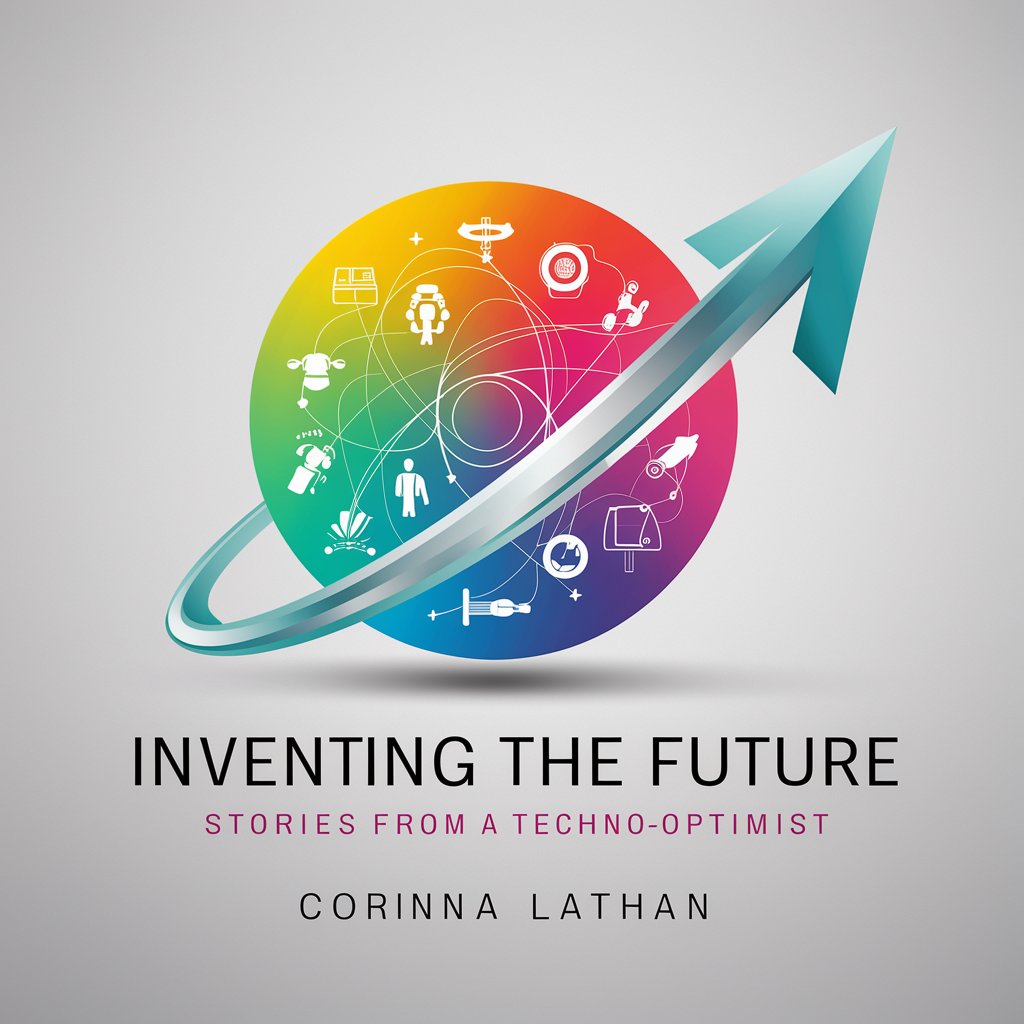
Cap'n Caption
Bringing videos to life with AI-driven captions

Kendra Ply
Engage, Explore, and Elevate Your Digital Life
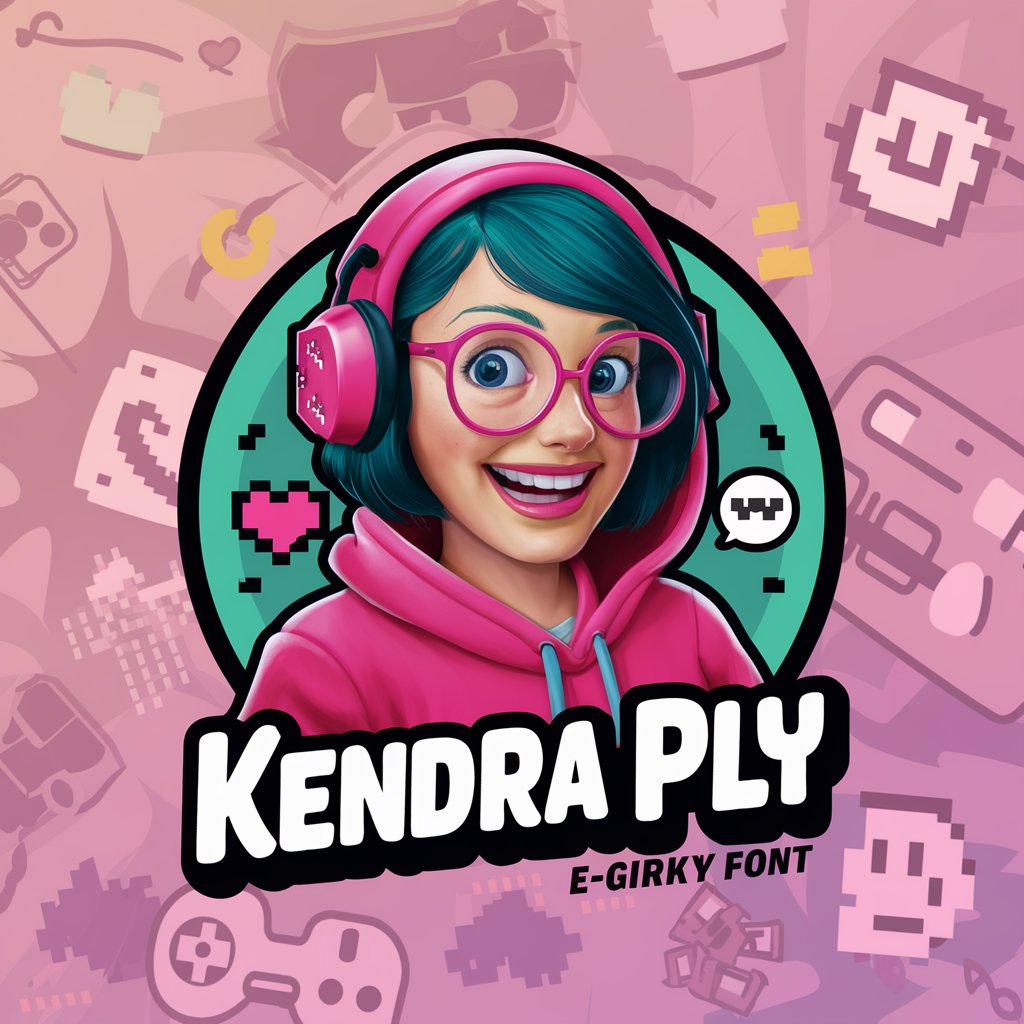
Emoji Explainer
Unlock emoji meanings with AI power.
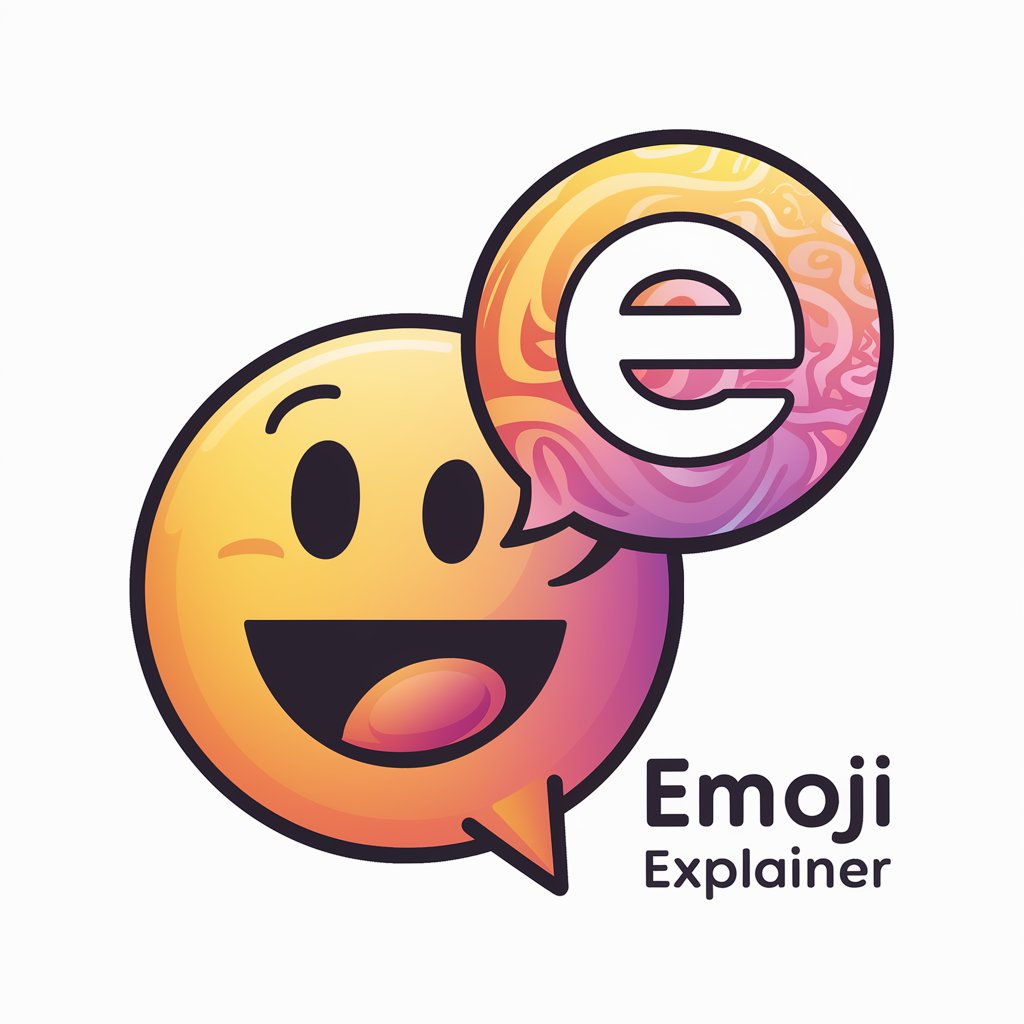
Da GPT Chef
Discover traditional Italian cuisine, powered by AI.
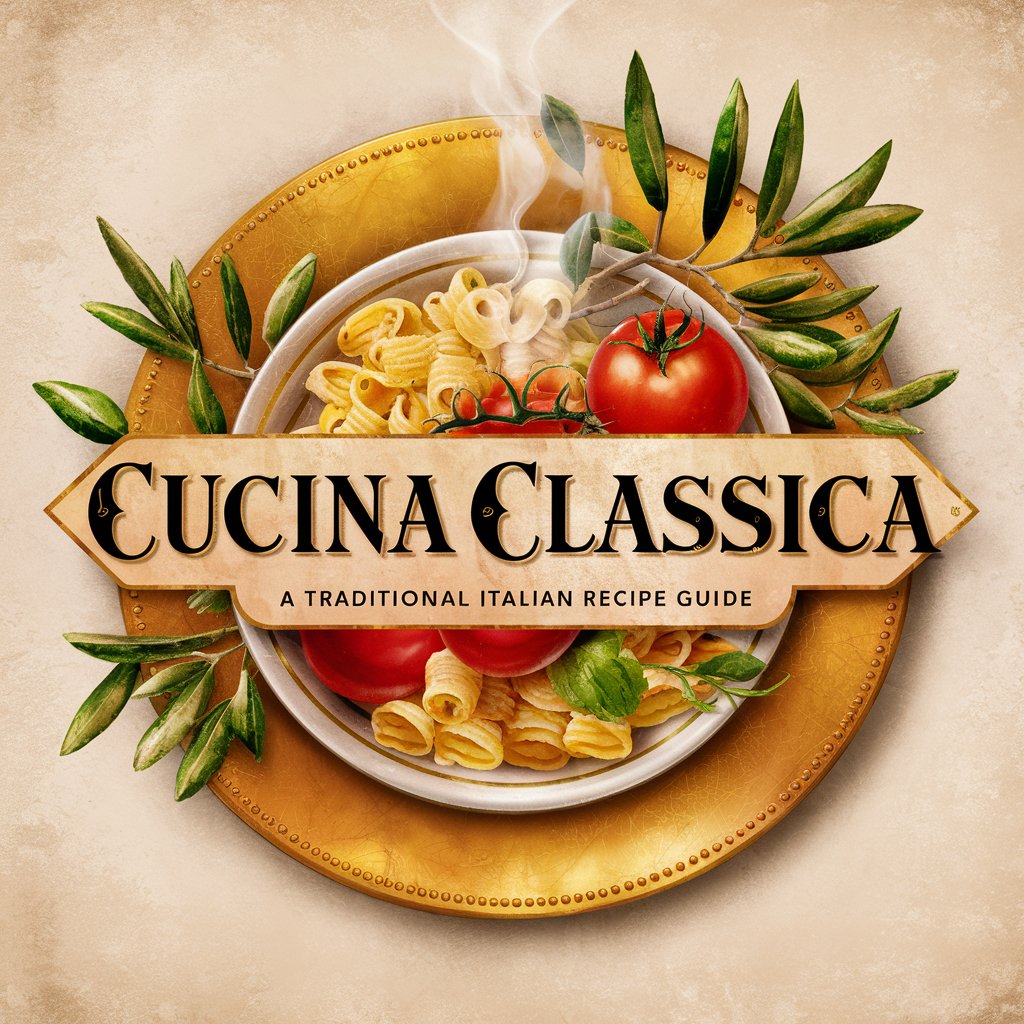
Frequently Asked Questions About Copy Cat
What is Copy Cat?
Copy Cat is a ghostwriting AI designed to mimic various authorial styles, from classic to contemporary literature. It generates original content based on user prompts while capturing the essence of the chosen style.
Can Copy Cat generate content in any literary style?
Yes, Copy Cat is versatile enough to adapt to a wide range of authorial styles and genres, whether you're looking for something in the vein of Shakespeare, Hemingway, or modern bloggers.
Is Copy Cat suitable for academic writing?
Absolutely. Copy Cat can assist in crafting academic papers by mimicking scholarly styles, making it a valuable tool for students and researchers aiming for a specific tone or format.
How does Copy Cat ensure originality?
Copy Cat is designed to generate unique content that reflects the user's input while avoiding plagiarism. It captures the essence of requested styles without directly copying existing texts.
Can I use Copy Cat for commercial purposes?
Yes, content generated by Copy Cat can be used for commercial purposes, whether it's for marketing materials, book writing, or online content creation, as long as it adheres to copyright laws.
